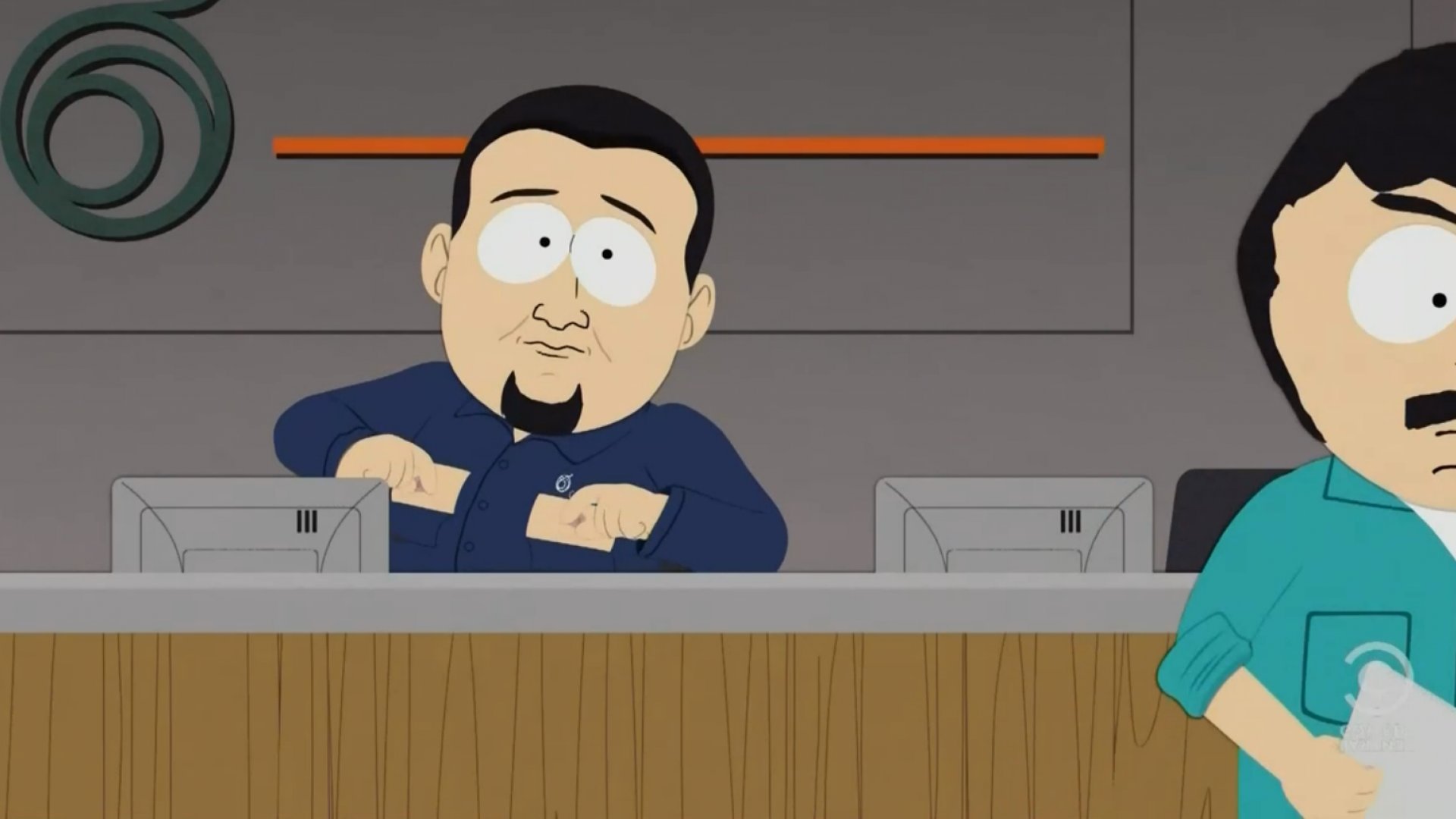-
Menu
- Log In Sign Up
- Home
- Create Ivia™
- Browse Categories
- Art
- Athletics
- Community
- Food
- Fun
- Government
- Home
- Products
- Science
- Social
- Technology
- ImproveVia
-
 ImproveVia
ImproveVia™ (beta) - Log In Sign Up

The cable companies that are currently providing television to the masses in America are allowed to negotiate exclusive contracts with the networks to monopolize the content so the consumer has less spending power. Currently TV provider options are few and this will not change until we stop the anti-competitive practices.
by Zachary Adam Zell on May 26th, 2014, 8:28 pm PDT. This Ivia has been viewed 9,509 times. Last improved on November 13th, 2014, 4:48 pm PST.
The available offerings for television are getting worse everyday, and the competition in the market is at a all time low with the recent developments of Comcast buying Time Warner for $45 Billion and AT&T buying DirecTV for $48.5 Billion.
The current status-quo of cable television entails; negotiated contracts for exclusive broadcasting rights, eliminate the competition by being a bigger entity who can take advantage of the high barriers to entry that exist in the cable and internet services market, caused by high fixed infrastructure costs. This serves well only to companies who can afford to write the enormous checks for these contracts such as Comcast, Time Warner, Direct TV, and so on. An example of how this doesn't allow for competitive business practices would be like playing monopoly and everyone starts out with 5 pieces of property and $10,000 in cash, and you start out with no property and $1,000 in cash, it would be almost impossible to win because you would be at a severe competitive disadvantage. Now imagine that Boardwalk is up for auction, and you need it to earn you an income stream. Unfortunately, you can't even enter the market (create a space that people would land on and pay you) because Comcast can bid $1,001 for Boardwalk (the infrastructure) and there is no other Boardwalk to buy, so you have no business.
We introduce a Stand-Alone Service Application Law
What it is- A law that will compel any television content providers to always allow the option of a selling their channels to consumers as a stand-alone product offered over the internet, at a price deemed fit by the content providers. Much like a Netflix, Hulu, or NFL Sunday Ticket subscription.
How it will work- We need to prevent the cable television industry from having the ability to establish exclusive rights to sell content commercially. If we can compel networks to provide a subscription price, allowing their content to be accessible by any means via the internet and with no allowances for negotiating exclusivity rights with companies, then channels with worthwhile content can grow and consumers can prioritize their diet of "channels" to be watched. This option would allow for cable companies to offer a bundled package, but have to compete with the network subscription prices.
Example- If one would like to purchase ESPN network at a hypothetical price of $12.50 a month, then they could do so. This would bypass the cable/satellite companies bundled subscriptions/contracts.
As addressed from an article from Quartz:
Jay Rockefeller is working on the bill "Consumer Choice in Online Video Act" which as he states:
“My legislation aims to enable the ultimate a la carte—to give consumers the ability to watch the programming they want to watch, when they want to watch it, how they want to watch it, and pay only for what they actually watch,”
In the article "This politician wants to blow up the cable industry’s stranglehold on what you can watch"
By John McDuling @jmcduling November 13, 2013
The bill would:
"Bar cable, satellite, broadcast, and large media companies from engaging in anti-competitive practices against online video distributors: Earlier this year, it was reported that Time Warner had signed contracts with networks, preventing them from selling their content to online competitors. Rockefeller says his legislation would put “reasonable limits” on this practice. It would also explore ways for online video distributors—which includes streaming services like Netflix, Apple and Amazon—to negotiate to carry broadcast television content.
Limit the ability of broadband providers to degrade competitive online video services: Netflix (and other online video services) is delivered into homes over pipes that are owned by its direct competitors—cable companies and telecom carriers. “Net neutrality” principles should, in theory, force internet service providers to provide access to all content on equal terms. Despite this, there have been reports about a degradation of Netflix streaming for Verizon, Comcast, and Time Warner Cable customers. The bill seeks to address this, but specifics as to how are light at this stage.
Empower consumers with new truth-in-billing protections for broadband Internet service: The bill calls for “clear and understandable” terms and conditions on cable bills, so consumers can make better decisions about their preferred packages and speeds. It would also give the Federal Communications Commission the ability to monitor broadband billing, to ensure billing practices aren’t anti-competitive."
Main Image - http://i.imgur.com/Hp8FCJe.png
Contributions
CONTRIBUTIONS 10
PRODUCTIVE 0
HUMOROUS
Contribute to this Ivia!
Log In Sign Up
Reed W. Solomon 10 years ago
http://www.washingtonpost.com/blogs/the-switch/wp/2014/08/11/what-if-you-could-pick-and-choose-which-broadcast-tv-channels-you-get/
Contribution deleted by user
Deleted 10 years ago by Reed W. Solomon
VAN Truong 10 years ago
Zachary Adam Zell 10 years ago
Source- http://mobile.reuters.com/article/idUSBREA4B0W220140513?irpc=932
If this happens who is left? Comcast will own Time Warner, AT&T will own DirectTV and then there is Dish Network and that's about it.
Contribution deleted by user
Deleted 10 years ago by Zachary Adam Zell
Contribution deleted by user
Deleted 10 years ago by Zachary Adam Zell